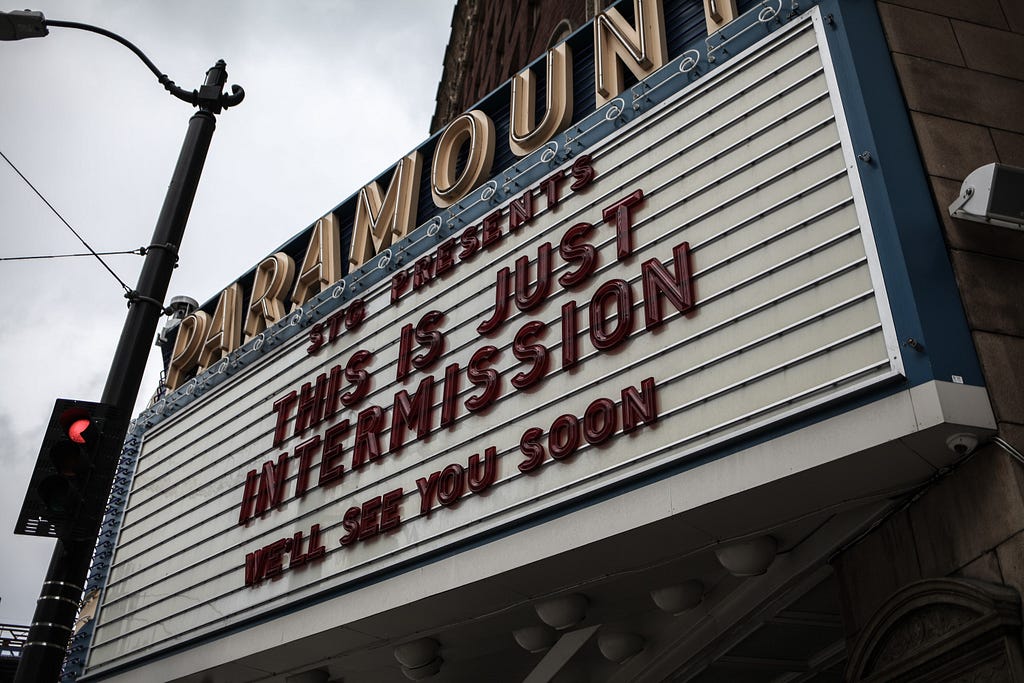Survey Respondents Say Now Is the Time to Advance a More Inclusive, Sustainable Economy

By Helena Wayth
People around the world have experienced the COVID-19 pandemic differently, but there is no doubt that it has affected us all.
At a very human level, it has prompted self-reappraisal, challenging us to think about what is really important and what we really need. For many of us, the crisis has changed how we consume, who we support and purchase from, and the quality of the relationships we hold with our neighbors and the local community.
At a global, national, and local level it is clear that the crisis has accentuated social inequity. World Economic Forum indicators raise fears that the economic fallout from the lockdown will only widen this gap.
Many people associate business as being part of the system that has contributed to this inequity. As the relevance and resilience of business models around the world continue to be challenged, a potentially damaging critique is gaining mainstream momentum: Are “business as usual” values fit for purpose in a “new normal” society?
Those businesses with a conscious connectedness to the world they operate in, awareness of the impact they have, and their contribution to society stand a better chance to successfully navigate the uncertainty and build resilience for future change, and to create a positive benchmark in this new and more inclusive economy.
The message is clear: Around the world, despite vastly different cultures and experiences of COVID, people are demanding a fairer, more inclusive and sustainable world. Businesses can lead that change.

The Issues That Matter and the Role of Business
A Birds Eye View conducted a study of 1,000 people across the UK, France, Italy, Chile, Peru, Indonesia, and Nigeria to listen and learn about their lived experiences and to understand their hopes for the future.
Regardless of geographic, economic, and cultural differences, people across countries are united on the issues that matter and the core principles for change:
- They want a recovery that doesn’t simply resuscitate the old economy but delivers a lasting response to the social and environmental challenges of our age.
- They expect national and local governments to lead the recovery and want community to take a more important role—and they recognize their personal responsibility as well.
People around the world are united by their expectations of business. They demand improvements in their environmental and social impact, in the distribution of wealth in society, and the way that companies work with government for the common good.
People Want to Improve Fairness and Reduce Inequities
People want businesses to help build a fairer society. The crisis has given people a clearer appreciation for the essential workforce that drives the economy and the foundation of society. In developed countries it is essential workers in health and education; in developing countries it is informal workers, which can make up to two-thirds of a country’s total workforce.
People want businesses to improve standards for these workers by providing fair wages and work conditions and creating safer, more inclusive workplaces. In many developing countries such as Nigeria, the creation of safe and inclusive workplaces is the top ask of businesses.
In Chile and France, people want corporations to improve the distribution of wealth in society. It seems that coronavirus has pushed to the forefront the conversation about whether a new kind of capitalism is possible.

Adapt Not to Survive, But to Thrive
The COVID-19 pandemic is testing the purpose, relevance, and role in society of all organizations and sectors, especially business. It has revealed the vulnerabilities of business models and highlighted the importance of strong values and culture to organizational adaptability and resilience in a crisis.
To engage differently, business needs to better understand society’s changing needs and the environment in which they operate. They must listen when their customers, employees, and stakeholders ask for a return of human values, greater solidarity, and greater respect for the planet.
Helena Wayth is the founder and driving force behind A Bird’s Eye View.
A version of this article was published by Conscious Company Media. B The Change gathers and shares the voices from within the movement of people using business as a force for good and the community of Certified B Corporations. The opinions expressed do not necessarily reflect those of the nonprofit B Lab.

How COVID-19 Creates a Call to Reshape ‘Business As Usual’ was originally published in B The Change on Medium, where people are continuing the conversation by highlighting and responding to this story.